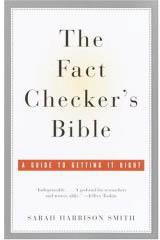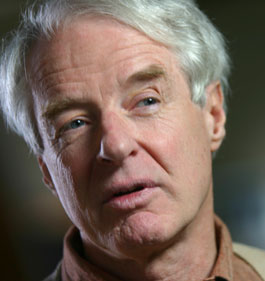 |
One thing I didn’t hear anyone mention at this year’s Nieman conference was the “New Journalism” – that movement pioneered in the mid-1960s by Tom Wolfe, Truman Capote, Gay Talese, Jimmy Breslin. Perhaps because there seems to be a growing sense that at least some narrative nonfiction writers have gone too far in plucking techniques from novelists and applying them to journalism.
What drove this home for me was one of the books I bought from the Harvard Book Store to read on the airplane. It was The Fact Checker’s Bible: A Guide to Getting It Right, by Sarah Harrison Smith, who worked as a fact-checker at The New Yorker and The New York Times Magazine. Ms. Smith argues that the fabrications of Jayson Blair of The New York Times, Stephen Glass of The New Republic, and, stretching even further back, Janet Cooke, who won a Pulitzer Prize for her fictionalized story about an eight-year-old heroin addict which ran in the Washington Post.
